Search Results for Tag: Warming
“We are living in an ice-dependent world” (Iceland’s President)
During my recent visit to Sustainability Week in Abu Dhabi, I was interested to meet the President of Iceland, Ólafur Ragnar Grímsson. He gave one of the keynote speeches at the World Future Energy Summit and was also on the Jury for the prizes presented as part of the Zayed Future Energy Prize to initiatives around the world to promote sustainability through renewable energy in different parts of the world.
I asked him how he had come to be involved so closely with Abu Dhabi, the icy north working with the desert oil state. The link goes back to an Abu Dhabi delegation visiting Iceland 8 years ago to talk about using clean energy. Since then, he finds it fascinating and encouraging to see how the Gulf state is turning itslf into “one of the primary locations in the world for dialogue and cooperation on a clean energy future.”
But the message I’d really like to share with the Ice Blog community is the one about the undeniable connections between what’s happening in the Arctic and what’s happening in the rest of the world. President Grímsson explained his view to me at a reception after the prize-giving ceremony.
We live in an ice-dependent world, says Iceland’s President
In a nutshell, he says one of the key results of scientific research is recent years is that the Arctic plays a major role in influencing weather and other developments around the world, and that fact that the ice is melting fast. Let me quote him:
“I think the melting of the ice is really the frightening message. Climate change is a difficult word, because somehow it is not concrete. The melting of the ice is something that everybody understands.”
Warming oceans mean smaller fish
Scientists at the University of British Columbia have just published a report in the journal Nature Climate Change indicating that fish will get smaller as climate change warms the oceans and reduces the oxygen available to fish in the water.
The scientists used computer models to come up with global projections. They have come to the conclusion that the maximum body weight of fish could go down by 14 to 20% between 2000 and 2050. The tropics would probably be the regions affected most.
The researchers were surprised at the large decrease the models are predicting. They think we may still be lacking some interesting “piece in the puzzle of understanding climate change effects in the ocean”, says lead author William Cheung from the UBC Fisheries Centre.
It seems likely that it would be harder for bigger fish to get enough oxygen in the water, so they would stop growing earlier. Clearly, this would have big impacts on food security. Fishy food for thought as international action still falls drastically short of what we’d need to limit warming to 2°C.
Bangkok, Doha – Countdown on for this year’s UN climate talks
What are these gannets doing on the ice blog? Well, it seems they migrated to Germany because of climate change. Read below to understand the connection. (No wisdom without pain…)
Did you know there has just been another round of UN climate talks in Bangkok? I don’t blame you if you didn’t. It’s hard to keep track of the “talks between the talks…” It’s also hard to keep up interest and optimism and not give way to resignation, given the disastrous melting of the Arctic ice and all the other clearly visible impacts of climate change.
![]() read more
read more
Climate talks and linguistic finesse
Do you know the feeling when you read minutes or an account of a meeting and wonder if the person who wrote it was actually at the same event as you? Subjective perceptions are often very different, and that is even more the case when it comes to international negotiations about climate change. I remember when the last head of the UNFCCC Yvo de Boer resigned in the wake of the Copenhagen climate talks fiasco, I wrote a commentary entitled “No job for an optimist”. Maybe I should have turned it around to “optimism essential” – or at least keeping a positive attitude and repeatedly sending out positive signals no matter how frustrating the process is.
![]() read more
read more
Polar bears evolved earlier than previously thought

Polar bear genome shows they evolved much earlier than previously thought. Picture by Alan Wilson, www.naturepicturesonline.com
A team of scientists led by researchers from the German Biodiversity and Climate Research Centre (BiK-F) has found out that polar bears evolved as early as some 600,000 years ago. The study, published in the current issue of the journal “Science”, ( Nuclear Genomic Sequences Reveal that Polar Bears Are an Old and Distinct Bear Lineage, Hailer, F. et.al) says the white giants are thus five times older than previously realised.
Why do we need to know this apart from pure scientific curiosity? Because knowing when polar bears evolved as a genetically distinct species, different from brown bears, could help us understand what is going to happen to the polar bears if the planet keeps heating up. You can read more about how the scientists came to their conclusions and what implications they could have here.



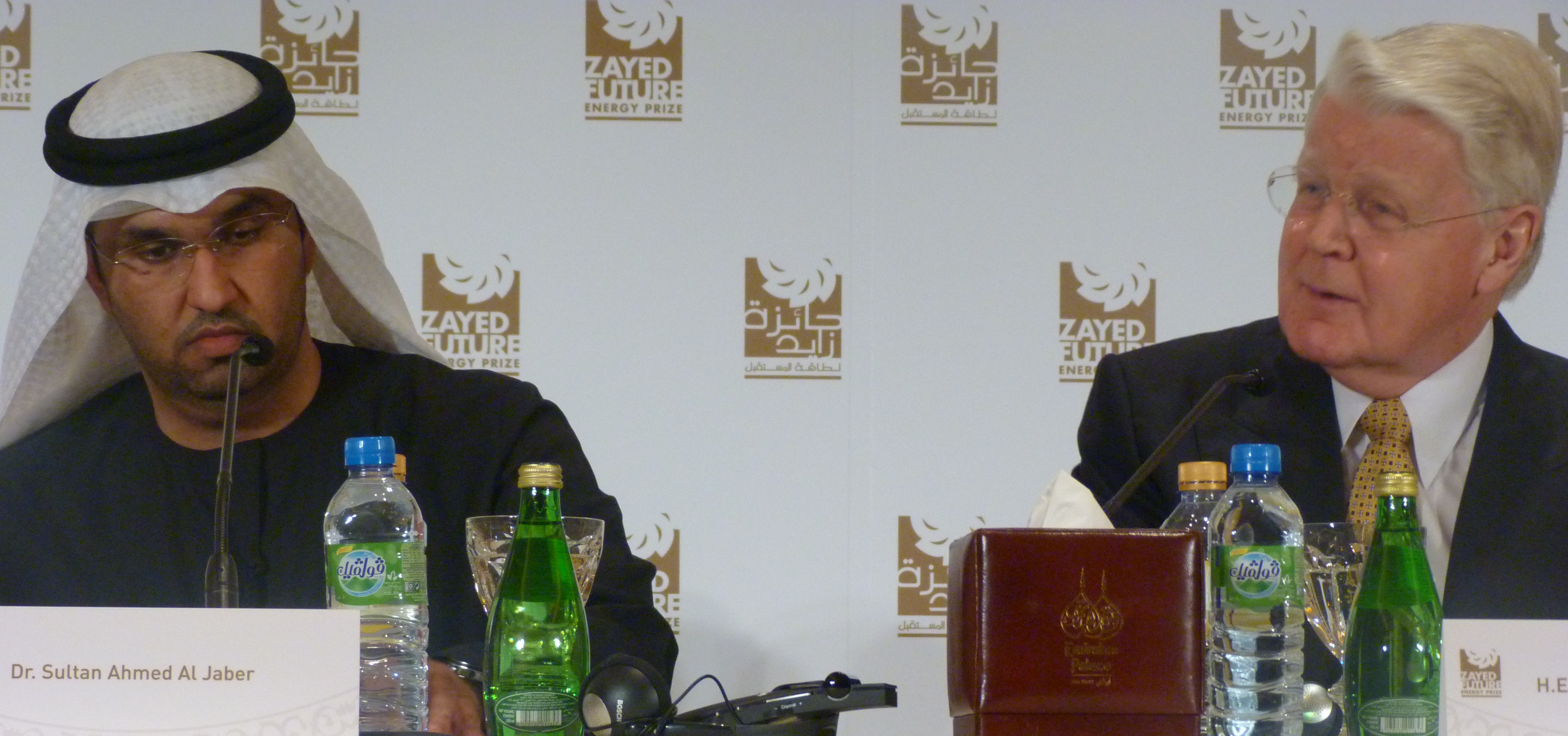
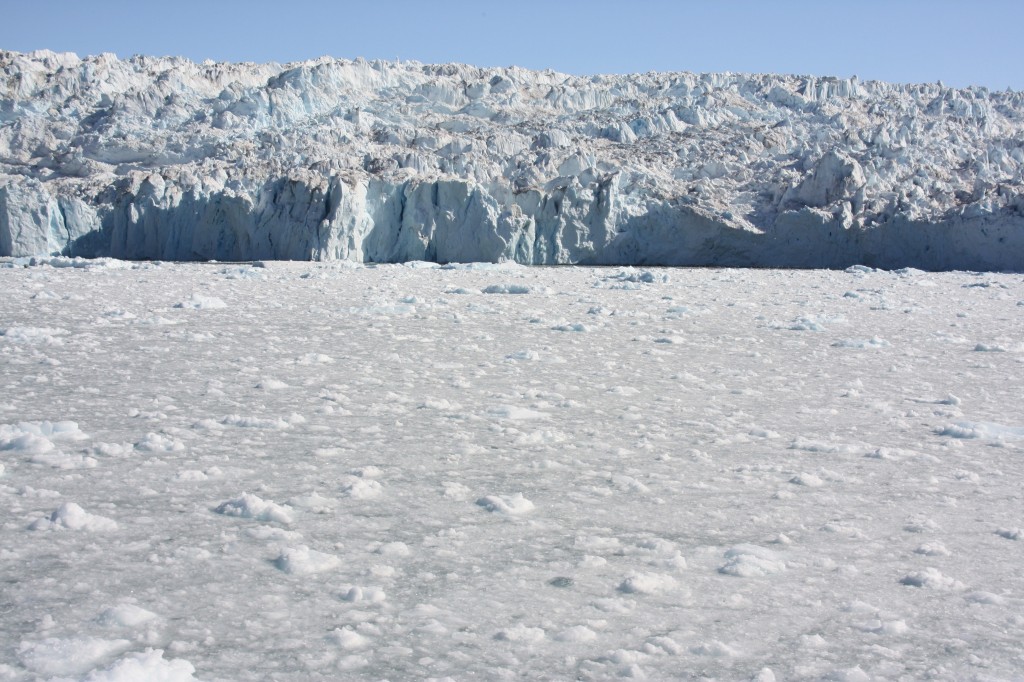

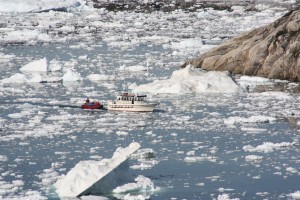
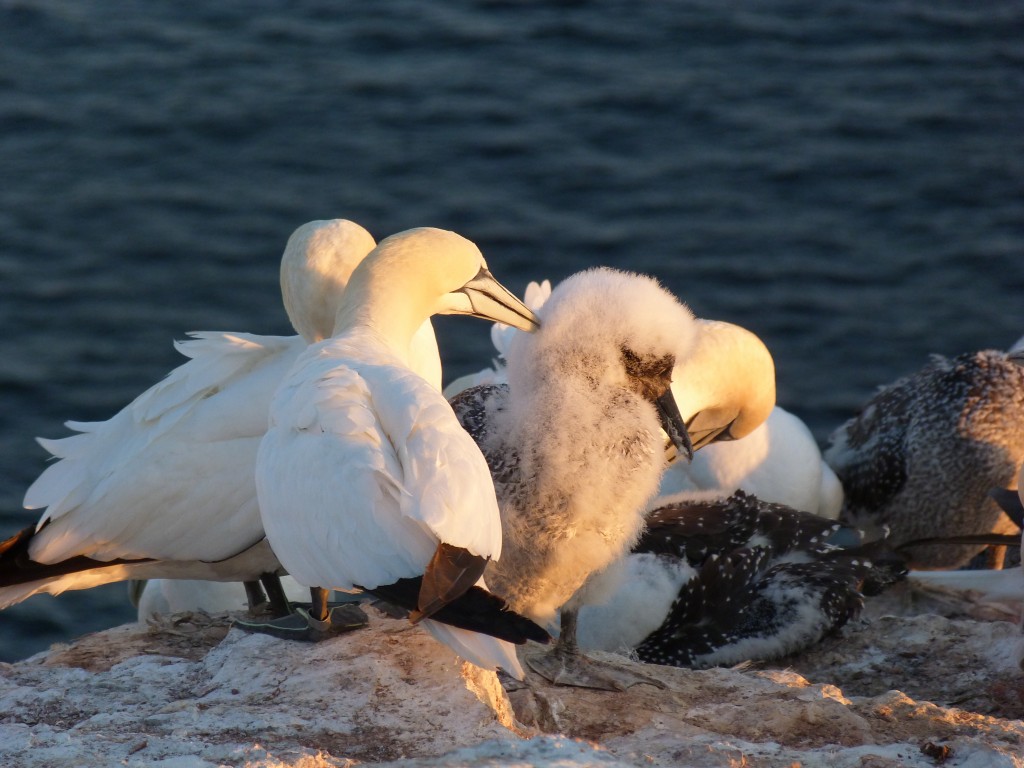
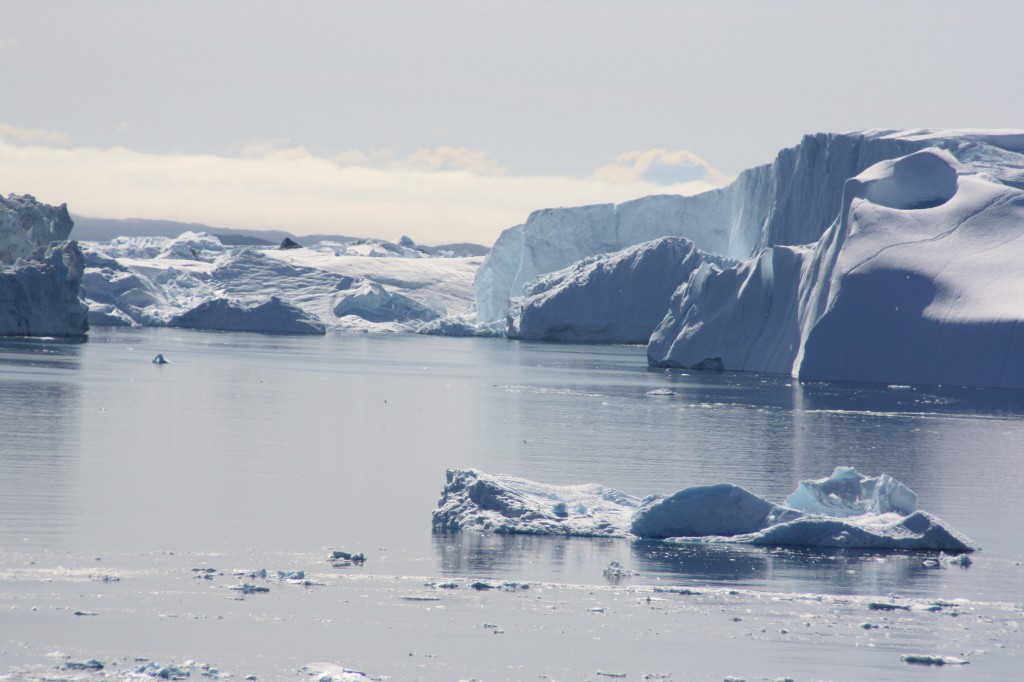
















Feedback